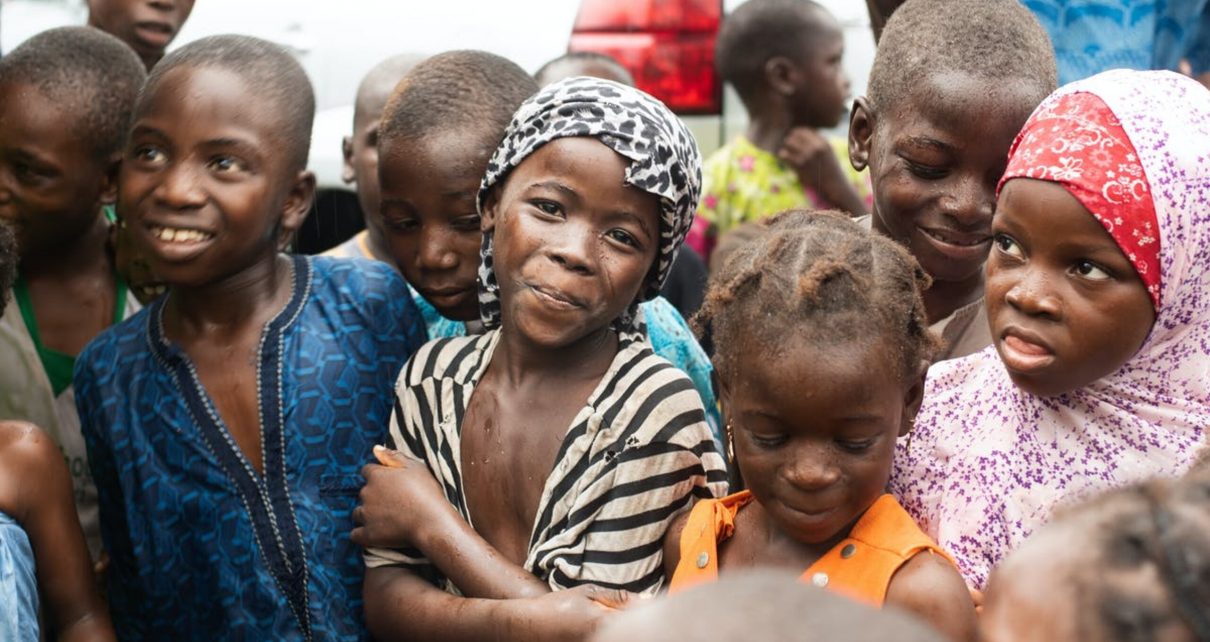
CONTEMPORARY AFRICA COMPRISES countries cobbled together by colonialists for their own interest. In the case of Nigeria, British colonialism was, as playwright Ola Rotimi would put it, in the service of their ‘female king’. The two hitherto distinct halves of Nigeria (Northern and Southern Protectorates) have managed to stay together as one country for one century and more. But in recent years, it appears that the falcon is no longer hearing the falconer and things are falling apart…
I am proud to be a Nigerian. I tell those who wonder how one can be patriotic in the light of our stultifying under-achievements that I am a firm believer in self-love. Although I am aware, for example, of the recent statistics released by StatiSense to the effect that in the first quarter of 2021, Nigeria’s Total Expenditure was ₦3.385 trillion with Deficit Financing at ₦2.293 trillion, I am still convinced that my country is not dead and buried.
My self pride will not permit me to advertise Nigeria as a shit-hole. Even if the rest of the world is de-marketing this patch of earth, it will not be with my assistance. It may not yet be the country of our dreams but it is all we’ve got to call our own. As we say in pidgin lingo, “Monkey no fine, but im mama like am”.
Having said that, I find it preposterous that some people think that the unitary system of government-imposed on Nigeria by the military and still being practised in the name of federalism today is cast in stone. How can a system that is so inequitable, so lopsided, be sacrosanct? With so much violence taking over the country in the name of Boko Haram or banditry or gunmen or separatists or ethnic clashes, we ought to be retracing our steps, not jogging faster towards ruination.
The reason we did not have many ethnic clashes and separatist movements in the first republic was that each region ran its own affairs as it deemed fit and everyone contributed to the centre for joint services. The parliamentary system which granted autonomy to the regions was negotiated by the representatives of the various nationalities making up Nigeria over several years. The current constitution, however, creates a powerful centre, which superintends over all resources and tries to hold the country together by force.
History has taught us that it is better to address the fundamental causes of friction in a society than to paper over the cracks. See what happened in Afghanistan. The vulture is a patient bird. Although the Taliban regained control of the country after two decades of American occupation, the tribes would have waited patiently for many more decades if it was necessary to do so — as long as it would take to outlast the outsiders.
The same is true with Nigeria. Separatist agitations will not go away if we don’t address the fundamental problem. It is like trying to cage water in a confined space; with time, water will find its level. When agitations are violently suppressed, they fester underground where revolutions are born.
Two prominent Nigerians, Prof. Bola Akinterinwa and Governor Nasir El Rufa’i have been expressing their worry over Nigeria becoming Afghanised or Afghanistanised.
Akinteriwa warns that what happened in Afghanistan may not be too far-fetched a possibility in Nigeria if we don’t frontally address the issues that fuel separatist tendencies in the country.
He advocates dialogue: “Whatever and whoever may be sustaining the position of the government of Nigeria on national unity may get tired someday because national unity is now being sustained by the use of force. Our government doesn’t believe it has to negotiate. It believes in force. The same government reportedly threatened to proscribe groups who talk about negotiating national unity. If the Americans can withdraw from Afghanistan after investing more than $1 trillion as records suggest, that means the federal government of Nigeria needs to sit down and address insurgency, calls for self-determination and secession.”
El-Rufa’i, on the other hand, alerted the nation that the Northern region needed help to avoid becoming another Afghanistan. Speaking on ‘Human Capital Development Communications Strategy Validation Meeting’ at a forum organised by the National Economic Council (NEC) in Abuja, the Kaduna State governor noted that the Northwest zone of the country had the highest number of out-of-school children and that banditry and terrorism have compounded the problem, leading to the closure of schools. “Most of the bandits we arrest have never gone to school”, he lamented, adding that, “they have no notion of religion, whether Christianity or Islam, and they have no hope.”
But the governor was not really saying anything new. The statistics are just one click away for anyone interested in how generations upon generations of children in the North have been abandoned to their own devices without proper upbringing, education or care. Many of us in the public space have advocated a shift from the age-old practice of irresponsible parenting disguised as religious injunctions.
We have argued over the years that it is unfair of any parent to bring into the world children he has no intention of catering for, and throw them to the elements in the name of almajiris or Koranic disciples. There are millions of Muslim children in southern Nigeria who undergo both Islamic and western education. They do not constitute any threat to society because they go on to become economically independent.
It has been established that children are products of both nature and nurture. Some former almajiris who slipped through the cracks have held their own after being exposed to the opportunities enjoyed by children elsewhere. This proves that there is nothing genetically wrong with the out-of-school children, except that they have not been privileged to have the same opportunities as their counterparts in other places where parenting is seen as a sacred duty.
Mercifully, most of the governors in the northern states are rising up to the challenge of establishing a culture of keeping all children of school age in school. Perhaps, they may want to employ legislation to accelerate the process. More than 50 years ago in the old Western Region, if a child was out of school, the parents would be arrested for child abuse. That forced every parent to fall in line.
There is absolutely no reason why we cannot collectively dismantle the army of roaming children from whose ranks Boko Haram and other harmful influencers recruit their suicide bombers and fighters. If we don’t block this already identified source of recruits, we shall be engaged in a war without end.
Every section of Nigeria has so much wealth under the ground in the form of mineral resources which, over the years, we have failed to exploit for the benefit of the people, preferring to continue milking the tired breasts of the ageing cash cow called petroleum. If we open up the country to a culture of production propelled by a ‘work-and-eat’ system, every part of the country will be a massive construction and production site and we can begin to lift millions of our people out of poverty.
An added plus: The desperation for power at the centre will be less ferocious and people will no longer have to lie to their children about where and how they missed the boat of development.
It is the duty of the elite to lead the way in taking the people out of a medieval existence into modernity. Kano State has led the way in building modern ranches to transform nomadic herdsmen into players in the big business of animal husbandry. Several other states, including Kaduna, are following the lead. That is the way to go.
Any truly patriotic Nigerian who wants the country to remain as one cannot continue to advocate the sustenance of a practice that has destroyed thousands of farms and households nationwide and served as cover for armed foreigners to unleash terror on Nigerians.
In ancient Africa, scrotal elephantiasis was considered a Covid-level affliction. Thus, the proverb: “If you dutifully avoid the wife of a hernia patient, what do you do if that patient copulates with your own wife?” The horns of a dilemma have never been more daunting!
What we need to do is reorganise this society, not Afghanise.
- Wole Olaoye is a public relations practitioner and a public affairs commentator and can be reached at wole.olaoye@gmail.com


